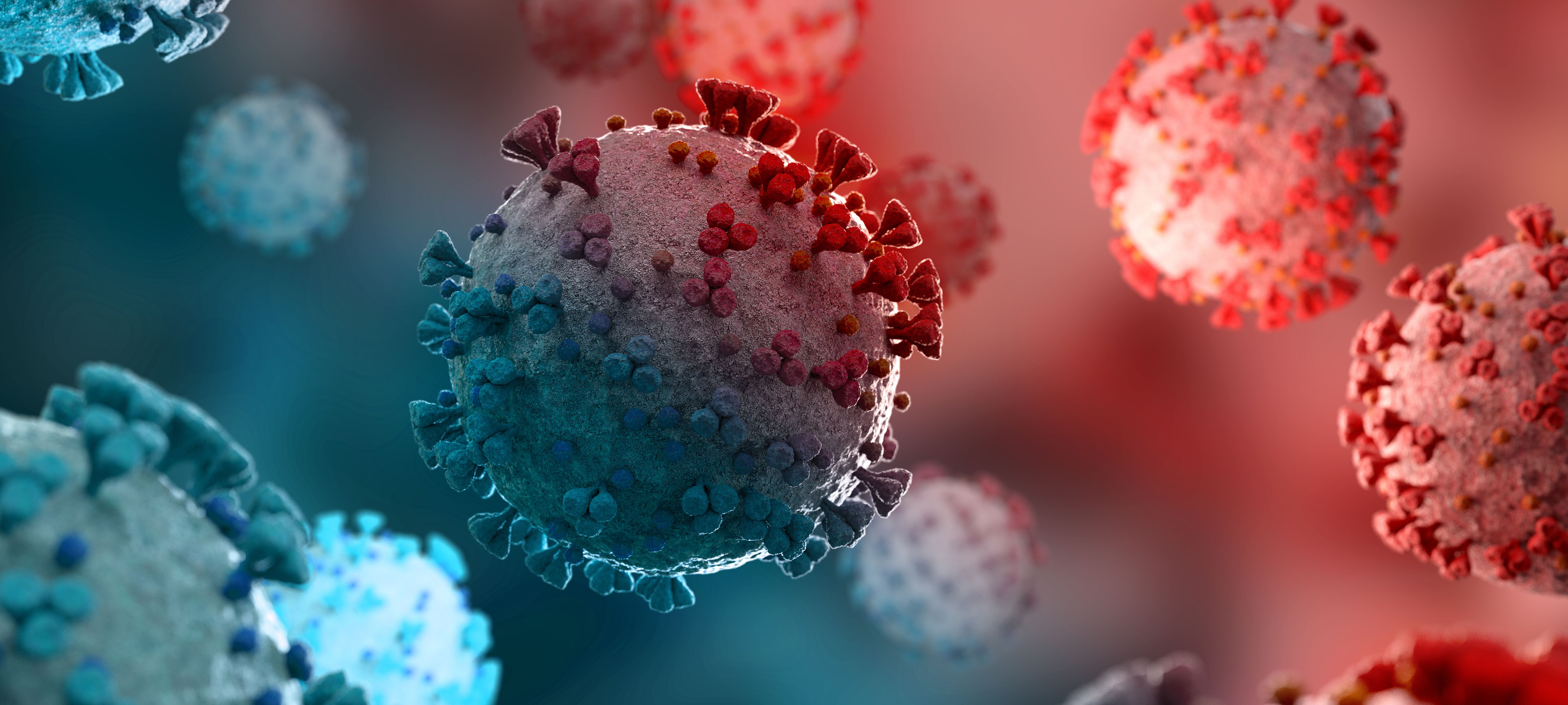News
Article
Study: IVIG Worth Considering for Severe, Critical COVID-19 Infection
Author(s):
Multiple studies show that it might be more effective to administer intravenous immunoglobulins at an earlier stage of disease progression.
Patients with severe COVID-19 may benefit from the early administration of high-dose intravenous immunoglobulins (IVIG), according to the results of a study published in Science Direct. However, most studies do not have conclusive, agreeable data that show IVIG impacts mortality or reduced severity.
Image credit: sdecoret | stock.adobe.com

“Nearly 15% of patients, especially elderly with comorbidities such as diabetes and cardiovascular diseases, can suffer from severe pneumonia, acute respiratory distress syndrome (ARDS), and multiple organ failure, which finally can lead to death,” the study authors wrote in the paper.
IVIG consists of highly purified immunoglobulins that are administered to patients as an antibody replacement therapy for some types of immunodeficiency. It works by neutralizing and inhibiting the function of pathogenic antigens to fight bacterial or viral infection. Previous studies looking at IVIG for patients with COVID-19 have found that the therapeutic option works best for those with severe or critical illness.
In this review, investigators looked at randomized clinical trials (RCTs) and non-RCTs that evaluated the safety and efficacy—often considered mortality and length of hospital stay—of IVIG for patients with severe/critical COVID-19.
The team began with evaluating a myriad of retrospective and single-center studies. One study found that IVIG was associated with longer hospital admission (6 days) and a higher mortality rate among patients with acute respiratory distress syndrome. However, another study showed that IVIG admission fewer than 7 days after hospital admission had significantly less need for ventilation and lower in-hospital mortality. A separate meta-analysis of 48 RCTs similarly considered IVIG to be efficacious for severe COVID-19.
Among retrospective and multicenter studies, a study identified that IVIG administration was only beneficial for patients with critical COVID-19 (i.e., respiratory failure), and a second study supports IVIG administration in week 1 of disease onset (versus week 2) because it was associated with lower 28-day mortality. However, other multicenter studies observed no significant advantages to IVIG.
Investigators did not connect the benefits of IVIG to concomitant steroid therapy in a separate randomized trial. In addition, 2 different RCTs did not find significant benefits associated with IVIG for severe disease.
Another randomized trial that was placebo-controlled and double-blind also had seemingly bleak results, finding that IVIG lengthens hospital stay. However, this actually may be a sign that IVIG is effective, as the investigators suggested that duration of stay equated to longer survival, unlike their non-IVIG treated counterparts.
Like most therapies, IVIG has sone associated risks. These include hypersensitivity reactions, thromboembolism events, acute renal failure, transfusion-related acute lung injury, aseptic meningitis syndrome, hemolytic anemia, and/or neutropenia/leukopenia.
This analysis also makes it difficult to directly compare studies because each study evaluated IVIG at different daily and total doses and with different treatment preparation. Most studies also had different therapy lengths, times of treatment initiation, and patient populations. Moreso, not every study accounted for confounders or had the same criteria for severe or critical COVID-19.
The authors concluded, “given the COVID-19 mortality rate and limited therapeutic options, the use of IVIG is worth considering.”
Reference
Kwapisz D, Bogusławska J. Intravenous immunoglobulins (IVIG) in severe/critical COVID-19 adult patients. Sci Direct. Vol 163; 2023. DOI:10.1016/j.biopha.2023.114851
Newsletter
Stay informed on drug updates, treatment guidelines, and pharmacy practice trends—subscribe to Pharmacy Times for weekly clinical insights.






